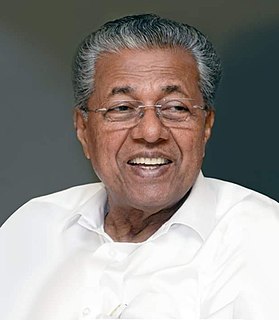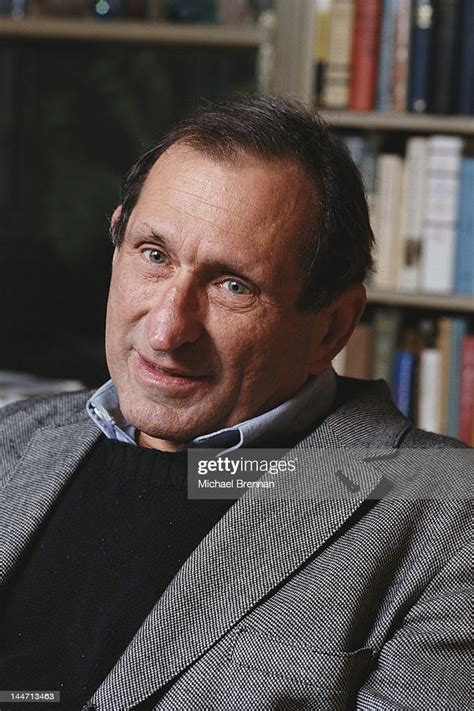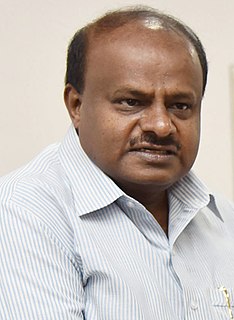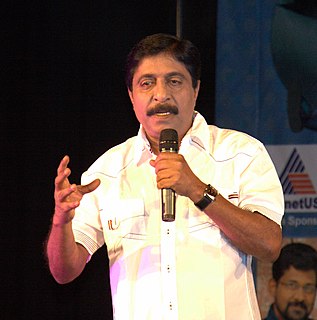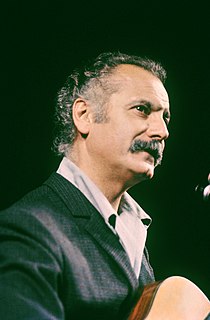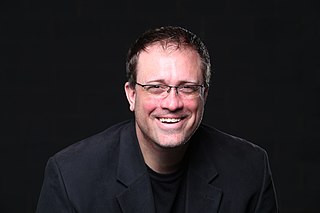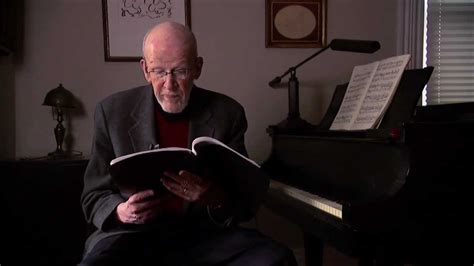A Quote by Pinarayi Vijayan
Related Quotes
Majorities are of two sorts: (1) communal majority and (2) political majority. A political majority is changeable in its class composition. A political majority grows. A communal majority is born. The admission to a political majority is open. The door to a communal majority is closed. The politics of political majority are free to all to make and unmake. The politics of communal majority are made by its own members born in it.
So you think the best way to prepare kids for the real world is to bus them to a government institution where they're forced to spend all day isolated with children of their own age and adults who are paid to be with them, placed in classes that are too big to allow more than a few minutes of personal interaction with the teacher-then spend probably an hour or more everyday waiting in lunch lines, car lines, bathroom lines, recess lines, classroom lines, and are forced to progress at the speed of the slowest child in class?
I've always been - as a teacher, as graduate student, as a student, and I think, really, as a child - I've been interested in poems, but not so much for what the take home pay is, what you might sum up from them in moral or intellectual terms or whatever, but what's in the certain lines and how lines relates to other lines.
I think if a writer is not endeavoring to expand and alter consciousness in himself and in his readers, he is not doing much of anything. It is precisely words, word lines, lines of words and images, and associations connected with these word and image lines in the brain, that keep you in present time, right where you are sitting now.
[Barack] Obama can draw lines for himself and his country, not for other countries. We have our red lines, like our sovereignty, our independence, while if you want to talk about world red lines, the United States used depleted uranium in Iraq, Israel used white phosphorus in Gaza, and nobody said anything. What about the red lines ? We don't see red lines. It's political red lines.
